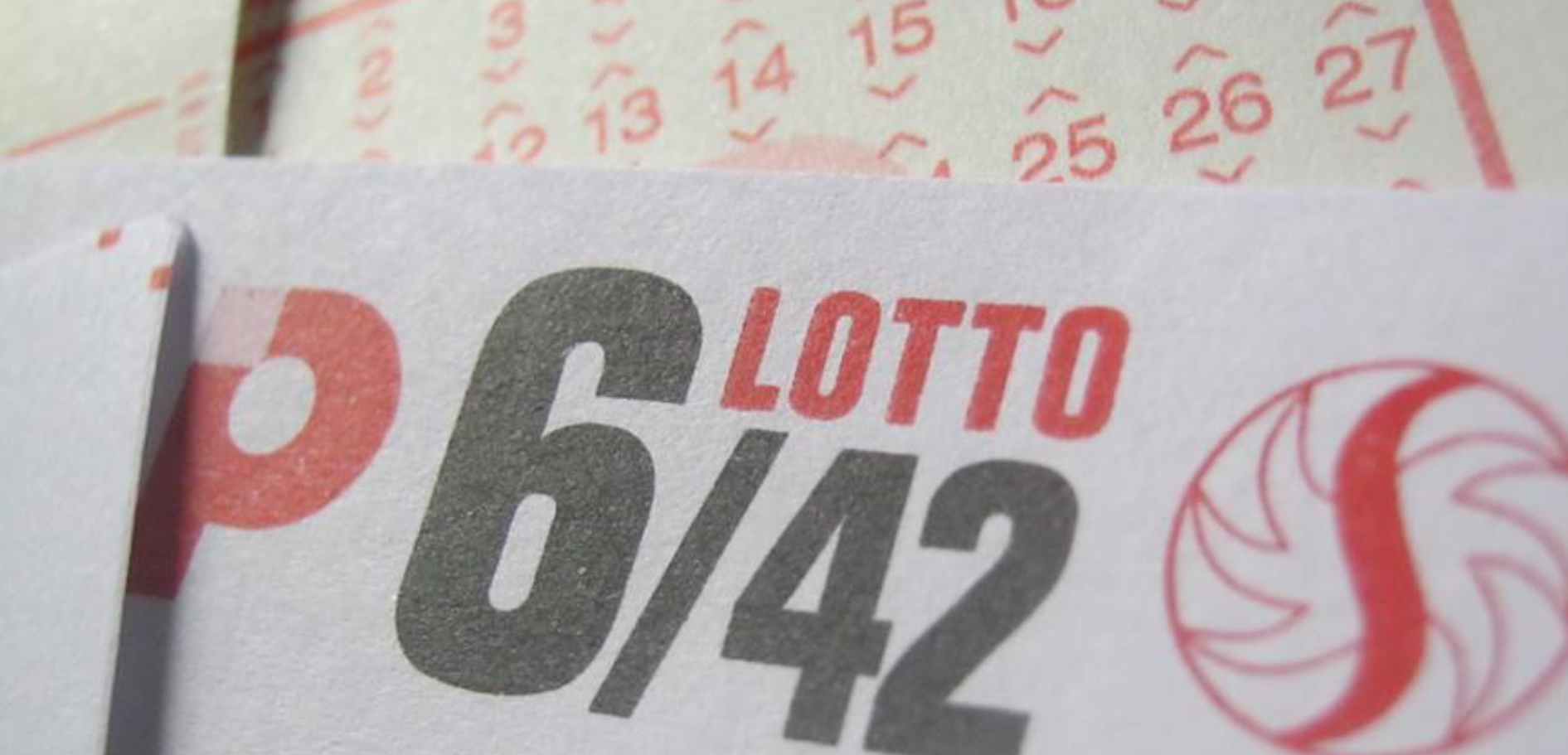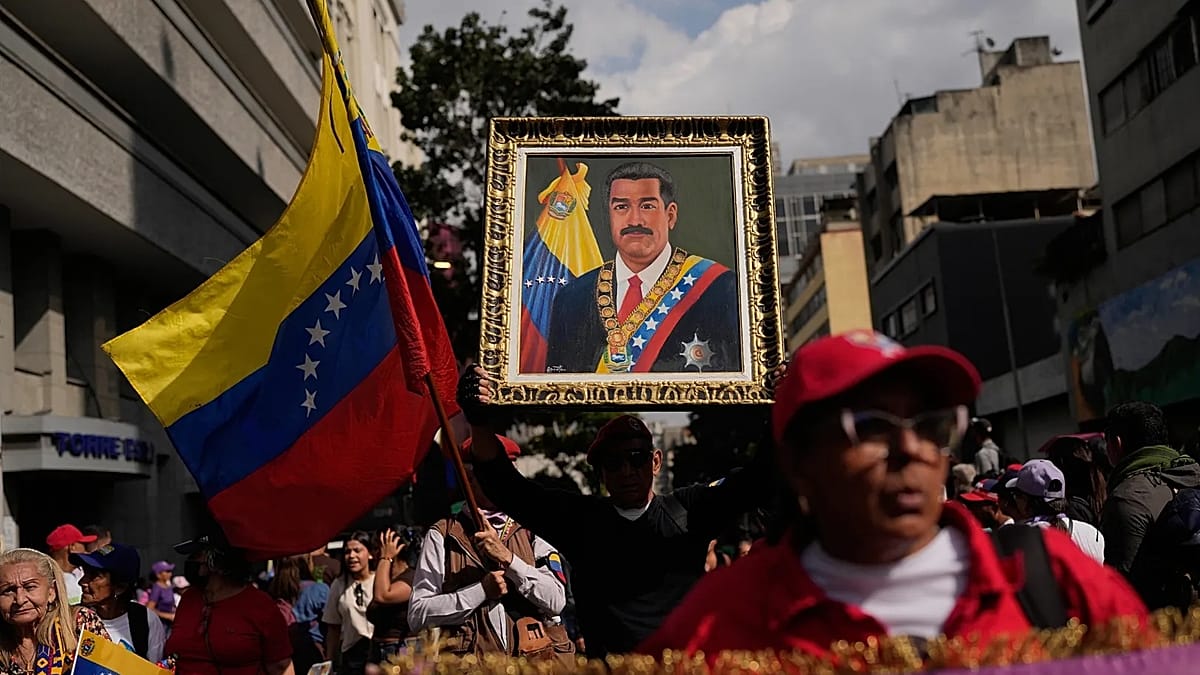President Ferdinand Marcos Jr.’s third State of the Nation Address (SONA) was already running for close to an hour and a half before what appeared like a hushed audience when he announced, “Effective today, all POGOs are banned.
It certainly became the highlight of his report to the nation, drawing cheers and a standing ovation from many lawmakers and guests.
Marcos had said POGOs had ventured into illicit areas such as scamming, money laundering, prostitution, human trafficking, kidnapping, torture, and murder.
Four months later, on November 8, 2024, he would issue Executive Order No. 74 that banned Philippine Offshore Gaming Operators (POGOs) effective December 31, 2024 . The order covered illegal offshore gaming operations, license applications, license renewals, and cessation of operations.
But concerns are emerging that the Philippine Inland Gaming Operators (PIGOs), which were seen to help shore up the gaming revenue and employment gap that resulted from the POGO departure, are causing their own problems.
No less than Senate President Francis Escudero had said that Pigos should be subjected to scrutiny.
In contrast to POGOs that target the international market, the Philippine Amusement and Gaming Corporation (PAGCOR) said PIGOs are authorized local gaming operations that cater to the domestic market using an Electronic Gaming System (EGS) together with virtual or electronic games.
The agency said it has been issuing permits and licenses for the operation of electronic games since 2003.
However, it said that betting or wagering via the Internet was allowed in 2020 due to the lockdowns brought by the COVID-19 pandemic.
“Such online gaming operations then generated substantial revenues providing the Government the much-needed financial contributions to counter the negative effects of the pandemic,” PAGCOR told GMA News Online.
“Through responsible gaming programs, proper screening of players or KYC process and other controls and measures in place, operation of local/domestic online gaming is allowed to continue,” it added.
Data showed that the gaming industry posted a gross gaming revenue (GGR) of P372.33 billion in 2024.
Of this, P201.83 billion is from land-based casinos, P154.51 billion is from e-games and e-bingo, and P15.97 billion is from PAGCOR-operated casinos.
“We partly attribute the strong performance of the local gaming industry to the strategic policy adjustments that we have implemented, such as the gradual reduction of fee rates for E-Games since 2023,” PAGCOR chairman and chief executive officer Alejandro Tengco said.
“At the time, PAGCOR was collecting between 50% to 55% license fees, thus deterring expansion, but effective January 1, 2025, our fee rates for E-Games stand at only 30% of GGR,” he added.
Meanwhile, PAGCOR said that the electronic gaming operations generated a GGR of P114.8 billion in the first half of 2025.
According to PAGCOR, existing licensed gaming venues are:
- AB Leisure Exponent, Inc, with Bingo Plus
- Solaire Resort and Casino with MegaFUNalo
- IGO Digital High Technology, Inc. with Casino Plus
- Inter-active Entertainment Solutions Technologies, Inc. with InstaWin
- Philweb Corporation with eGames
- Total Gamezone Xtreme Incorporated with Gamezone
It said that license fees paid to PAGCOR for the sector reached P48.79 billion in 2024.
Meanwhile, license fee share from e-Games or e-Bingos/Bingo grantees reached P32 billion in the first five months of 2025.
Review
Some government officials, however, are concerned about the possible effects of PIGOs, including Escudero, who has called for a review of their operations.
In March, Escudero warned that POGOs may have simply rebranded as PIGOs to continue their operations.
“Kung ipinagbawal nga natin ang POGO kaugnay ng pagsusugal ng dayuhan, hindi ba dapat lalo ‘yung pagsusugal na Pilipino mismo? Definitely, it cannot go on this way,” Escudero had said.
(If we banned POGO that is connected with foreign gambling, shouldn’t we prohibit gambling among Filipinos themselves all the more? Definitely, it cannot go on this way.)
“Three bills or four bills have been filed to either ban or regulate Philippine inland gaming. We will pursue those bills and make sure that they lead to a floor debate and plenary vote on the matter,” he added.
Senator JV Ejercito, meanwhile, urged the Bangko Sentral ng Pilipinas, e-wallet companies and other financial service providers to immediately cut off access to online gambling platforms and plug loopholes being exploited by operators.
Ejercito said the BSP can issue a circular imposing stricter regulations on these platforms to prevent minors from accessing online gambling.
Presidential Anti-Organized Crime Commission (PAOCC) executive director Gilbert Cruz, however, said there are currently no reports of POGOs that have rebranded as PIGOs.
“Hindi naman. Magkaiba naman ‘yun. ‘Yung isa offshore, ‘yung isa domestic,” he told GMA News Online.
(Not really. Those are different things. One is offshore and one is domestic.)
He said authorities are still looking into whether PIGOs will also be completely banned or only regulated.
For its part, Palace Press Officer Undersecretary Atty. Claire Castro said that the government is continuously studying PIGO operations.
“Pinagkumpara po ngayon kung ano iyong nangyari sa POGO at saka sa PIGO. Sa POGO, kaya po siya na-ban/total ban, dahil marami pong nangyayaring krimen because of the POGO. Pero as of now, lumalabas po sa pag-aaral ay hindi po ito nakakagawa ng krimen—hindi siya nagiging cause or hindi siya iyong nagiging dahilan, iyong PIGO, para makagawa ng krimen,” she said.
(What happened to POGO is being compared with PIGO. POGO was totally banned because of the crimes related to it. But as now, it was revealed in a study that PIGO is not related to crimes, it is not the cause or does not lead to the commission of any crime.)
Meanwhile, the Catholic Bishops’ Conference of the Philippines (CBCP) described online gambling as a serious moral issue disguised as entertainment and technology.
“Sa pagsusugal ang konsensiya ay unti-unting nagiging manhid. Tinuturuan tayong isipin na ito ay normal, pampasaya, o wala namang masama,” CBCP said.
(With gambling, the conscience gradually becomes numb. We are taught to think that it is normal, fun, or that there is nothing wrong with it.)
Calling it “bagong salot” or new plague, the Filipino bishops noted that online gambling has become a public health crisis that not only destroys a person but also a family’s relationship.
“Hindi natin matiis na manahimik sapagkat ang pagkasugapa at ang pagiging talamak ng sugal ay salot, isang virus na sumisira at pumapatay sa mga indibidwal, pamilya at lipunan,” CBCP said.
(We cannot afford to remain silent because addiction and the prevalence of gambling are a plague, a virus that destroys and kills individuals, families and societies.)
The prelates also urged the government to impose appropriate regulations on online payment systems to restrict the public, especially the youth, from using them for online gambling.
“Nais naming magpa-alala na tayo’y makakaalpas sa pagkaalipin sa pamamagitan ng marangal na trabaho, at sa patuloy na pagtahak ng landas ng katotohanan, kabutihan, katarungan, at higit sa lahat sa biyaya ng Diyos,” CBCP said.
(We remind everyone that we can break free from addiction through honest work, by continuing to walk the path of truth, goodness, and justice — and above all, the grace of God.)
Continuous monitoring
For its part, PAGCOR said that it is continuously monitoring the operations of local or domestic gaming operations.
It stressed that reported non-compliance to regulations is promptly investigated.
Those found to be non-compliant are penalized or fined, and their license or accreditation may be revoked, according to PAGCOR.
“It must also be emphasized that PIGO operations are strictly regulated and have not been linked to criminal activities – unlike illegal POGOs (Philippine Offshore Gaming Operators) which were involved in serious offenses such as human trafficking, illegal detention, and cybercrime,” PAGCOR said.
“PIGOs operate solely within Philippine territory and are subject to more direct oversight, ensuring a higher level of accountability and regulatory compliance,” it added. —LDF/RSJ, GMA Integrated News

















Leave a comment